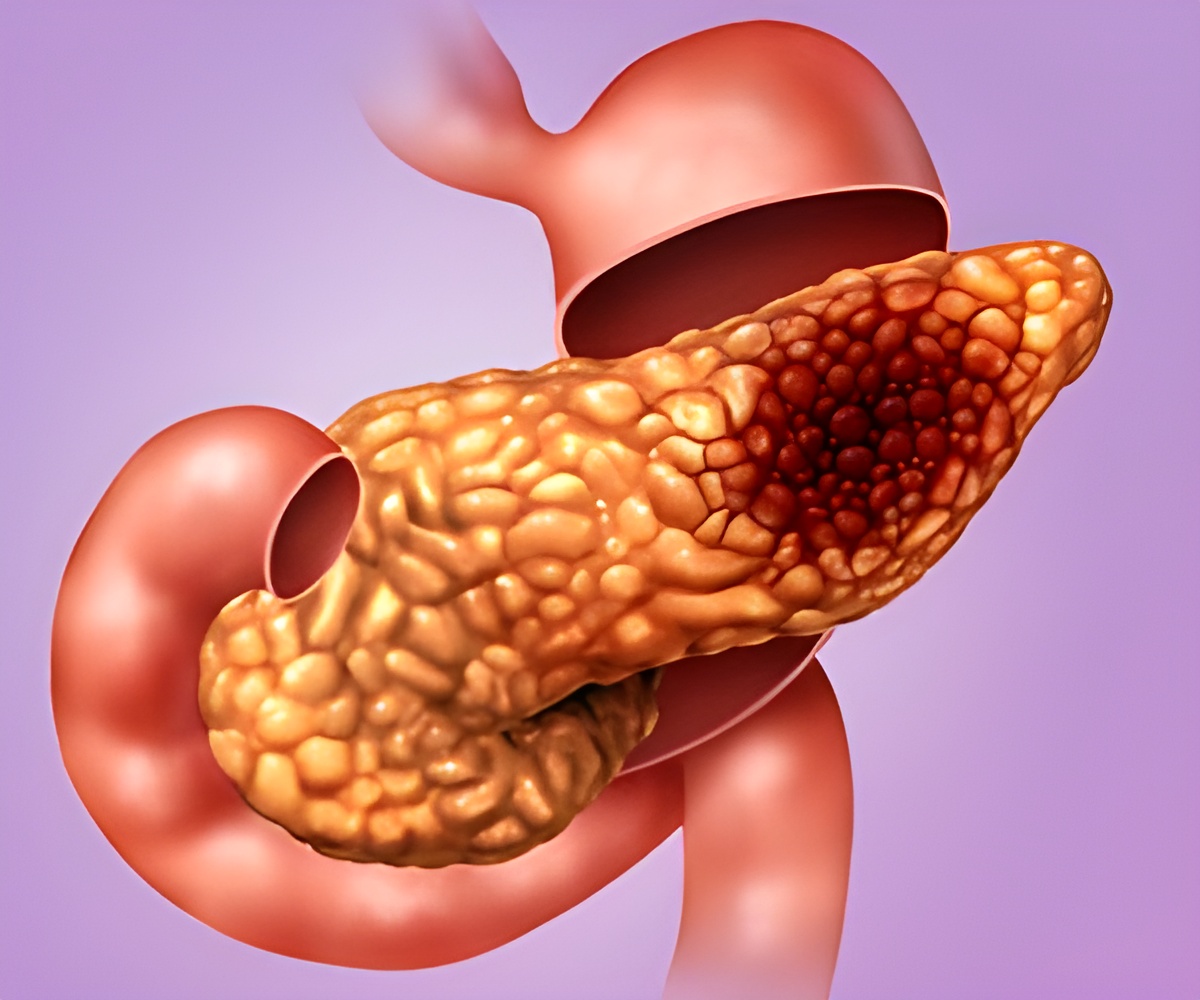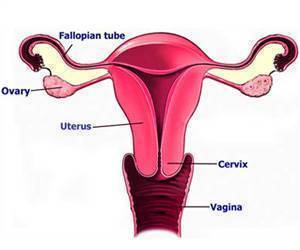
‘Pancreatic cancer cells deprived of serine secrete stress-adaptive proteins like nerve growth factor (NGF) that encourages nerve cell extensions called axons to grow into pancreatic tumors and to increase tumor growth.’
Read More..Tweet it Now
The starving pancreatic cancer cells secrete a protein called nerve growth factor or NGF, which sends signals to extensions of nerve cells called axons that secrete serine. Serine rescues pancreatic cancer cells from starvation and restores their growth. NGF encourages nerves to grow into pancreatic tumors and to increase tumor growth.Read More..
Researchers from the NYU Grossman School of Medicine, the Department of Radiation Oncology at NYU Langone Health, and Perlmutter Cancer Center conducted the study in one of the most aggressive forms of pancreatic cancer called pancreatic ductal adenocarcinoma (PDAC). It has a five-year survival rate below 10 percent.
This type of tumor causes dense tissue growth that presses on blood vessels, reducing the supply of blood-borne nutrients like serine. This amino acid is used as a building block for proteins and is required for cancer cells to multiply.
"Our study offers more proof that pancreatic cancers are remarkable metabolic scavengers, which contributes to their deadliness," says corresponding author Alec Kimmelman, MD, PhD, the Anita Steckler and Joseph Steckler Chair of the Department of Radiation Oncology at NYU Langone. "The ability of nerves to funnel nutrients from the bloodstream to the more austere pancreatic tumor microenvironment is a fascinating adaptation, and could lead to therapeutic approaches that interfere with this unique flexibility."
At the genetic level, pancreatic cancer cells that are starved of serine take advantage of the process by which messenger RNA (mRNA) strands, copies of DNA instructions, are translated into proteins.
Advertisement
Under serine-starved situations, the cancer cells minimize the production of certain proteins in order to preserve energy stores during starvation but continue to build stress-adaptive proteins like nerve growth factor (NGF).
Advertisement
In addition to using the drug LOXO-101, approved by the U.S. Food and Drug Administration for treating PDAC tumors, researchers also fed a serine-free diet to mice with PDAC tumors. The results showed a 50% reduction in the rate of tumor growth.
The drug works by blocking the activation of a receptor protein on the surface of neurons that interact with nerve growth factor (also called TRK-A), thereby inhibiting neurons' ability to send their axons into tumors.
When used in combination with a serine-free diet, the drug slowed the PDAC tumor growth by an additional 50 percent.
"As TRK inhibitors are approved in the treatment of some cancers, they might have value in combination with a low serine diet following surgery in the perhaps 40 percent of patients with PDAC tumors that can't make serine," said lead study author Robert Banh, a post-doctoral scholar in Kimmelman's lab. "Whether this approach could decrease tumor recurrence by limiting the nutrient supply would need to be confirmed in clinical trials."
Source-Medindia














